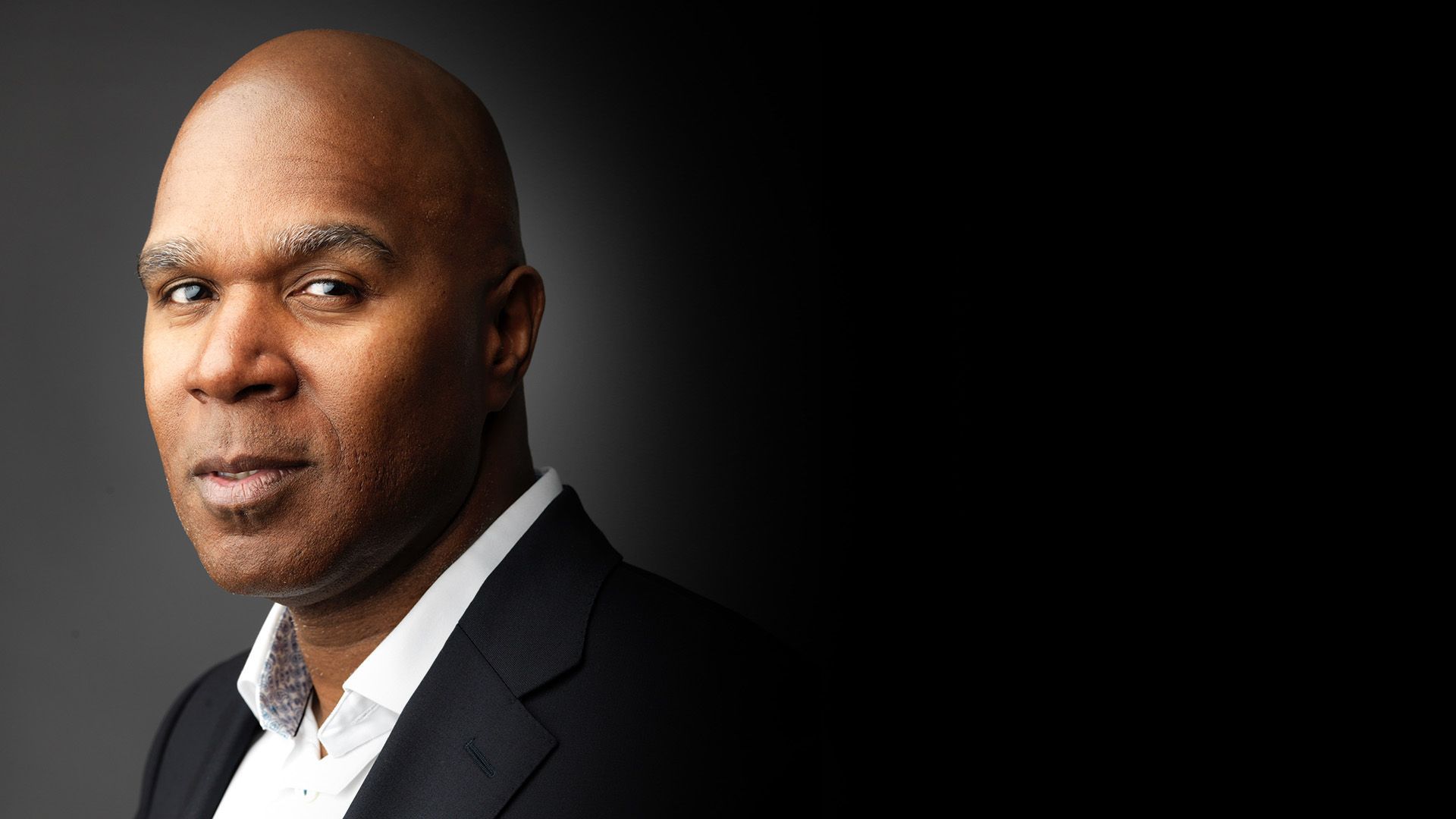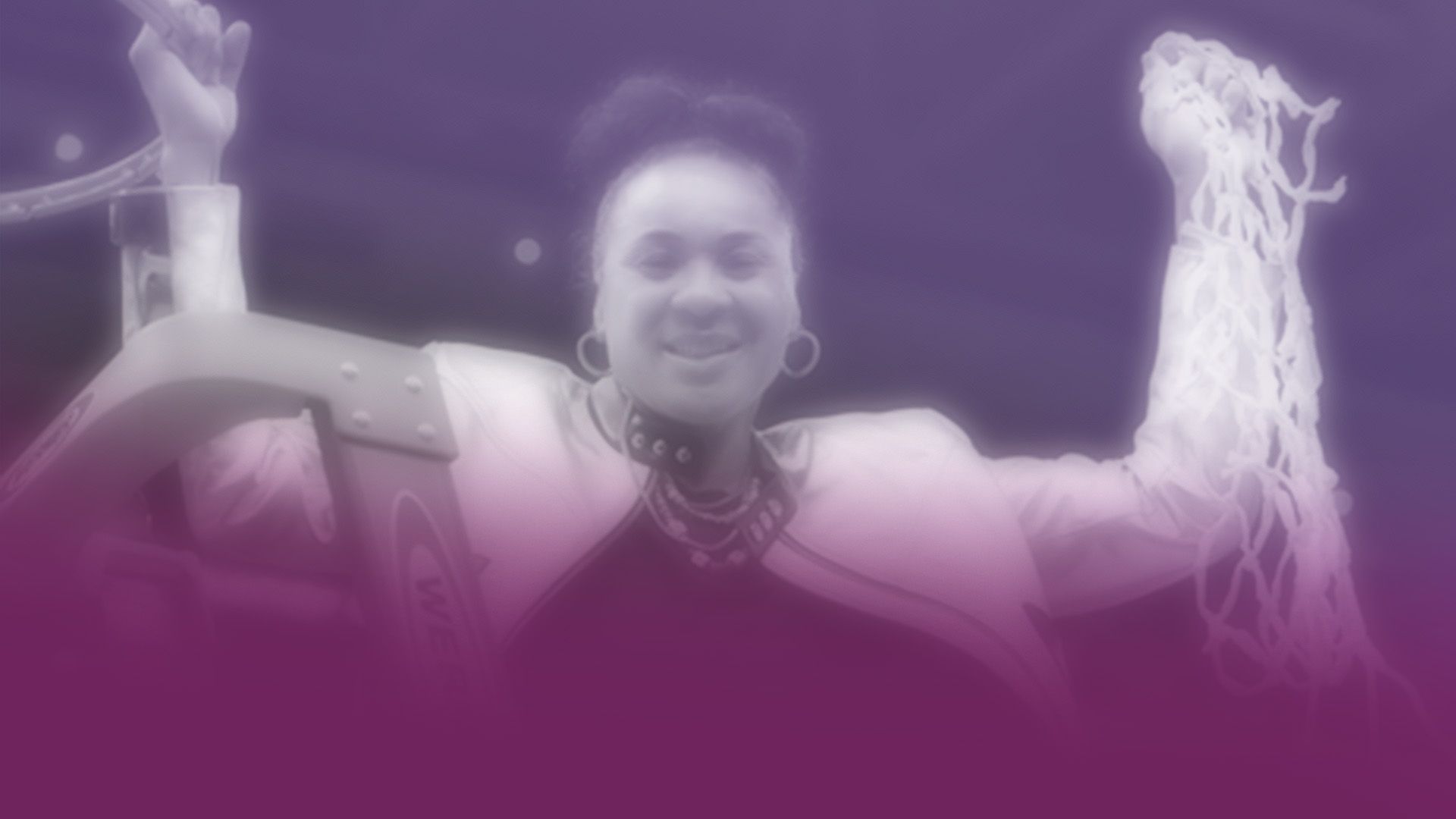Beyond the Strong Black Woman: Mental Health Realities We Need to Discuss
Here at Nika White Consulting, we champion the empowerment of Black women. But empowerment starts with acknowledging the realities we face, especially regarding mental health. There's a narrative out there: the Strong Black Woman. She's the rock, the one who shoulders burdens without complaint. But this narrative is a double-edged sword. It celebrates our resilience but also silences the struggles that take a toll on our mental well-being.
Let's talk about what's not being said:
- The Pressure to Code-Switch: Corporate Erin, Lisa Beasley's satirical creation that has gone viral on TikTok, embodies the experience of downplaying your true self to navigate the corporate landscape. This constant pressure to conform takes a mental toll and contributes to the pressure to code-switch.
- From Pregnancy to Parenthood Without Support: Black mothers face alarming disparities in healthcare, being more likely to experience complications during childbirth and less likely to receive adequate mental health support postpartum. This lack of support adds immense stress to an already vulnerable time.
- The Glass Ceiling: Black women are vastly underrepresented in leadership positions. A recent study by McKinsey & Company found that Black women hold only 2.8% of C-suite roles in corporate America. This underrepresentation is often referred to as the "glass ceiling," a term that refers to the unseen, artificial barriers that prevent women and minorities from reaching the top of their professions.
- DEI: Promise vs. Reality DEI: The Broken Promise and its Impact on Mental Health: Diversity, Equity, and Inclusion (DEI) initiatives are meant to foster workplaces that celebrate and support all employees. Yet, the case of Jalon Hall, Google's first and only Black deaf employee, exposes a troubling reality. Hailed initially as a diversity success story, Hall later accused Google of racial and disability discrimination. Hall's lawsuit details were profiled in DEI marketing campaigns, but she was denied essential support, like the sign language interpreters promised during her hiring process. This broken promise is a harsh illustration of Black women's challenges in corporate environments. These factors, combined with a lack of genuine support from supposedly "inclusive" companies, can have a significant negative impact on their mental health.
So, what can we do?
- Normalize Therapy:
Let's talk about therapy openly and encourage Black women to seek help without shame.
- Support Black Therapists: Increase access to culturally competent therapists who understand the unique experiences of Black women.
- Hold Workplaces Accountable: Companies must implement genuine DEI programs that address microaggressions, promote inclusion, and prioritize mental health support for ALL employees, particularly Black women. Accountability includes evaluating leadership and ensuring that Black women have equitable opportunities to be seen and represented to lead the organization.
- Embrace Authenticity: Black women deserve to thrive in their whole selves, not just a corporate-sanitized version. Let's celebrate authenticity and create spaces where Black women can be their authentic selves without fear of judgment.
- Listen to Black Women: Black women's voices have been marginalized throughout history. However, Black women are a powerful force for change, with unique perspectives on social justice, business, creativity, and more. It is essential to listen to Black women beyond a performative gesture. By actively listening to Black women, we gain a richer understanding of the world and can work towards a more equitable future. Furthermore, active listening values and acknowledges one’s feelings and perspective, creating space for Black women to show up as their authentic selves.
We are strong, yes, but we are human too. By acknowledging the mental health challenges Black women face, we can build a future where strength and well-being go hand in hand.
Remember,
Nika White Consulting is here to be a part of the solution. Let's keep this conversation going.














